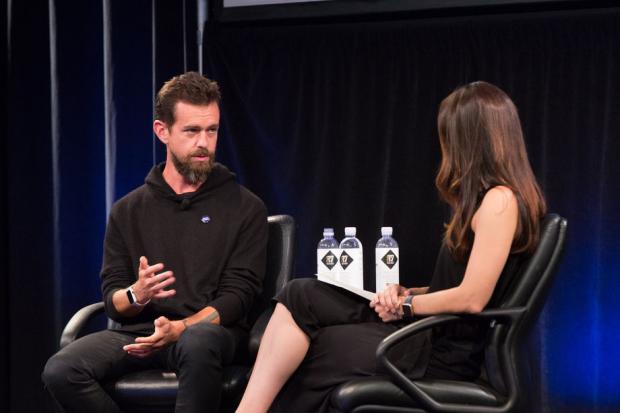
Breaking News
 Is Yen Carry Trade's unwind about to trigger a repo market meltdown? Let's dive into the mec
Is Yen Carry Trade's unwind about to trigger a repo market meltdown? Let's dive into the mec
 Chairman Rand Paul Releases New Report Revealing Hundreds of Billions...
Chairman Rand Paul Releases New Report Revealing Hundreds of Billions...
 Get Schiffty Music Video | Rick and Morty | Adult Swim
Get Schiffty Music Video | Rick and Morty | Adult Swim
Top Tech News
 This tiny dev board is packed with features for ambitious makers
This tiny dev board is packed with features for ambitious makers
 Scientists Discover Gel to Regrow Tooth Enamel
Scientists Discover Gel to Regrow Tooth Enamel
 Vitamin C and Dandelion Root Killing Cancer Cells -- as Former CDC Director Calls for COVID-19...
Vitamin C and Dandelion Root Killing Cancer Cells -- as Former CDC Director Calls for COVID-19...
 Galactic Brain: US firm plans space-based data centers, power grid to challenge China
Galactic Brain: US firm plans space-based data centers, power grid to challenge China
 A microbial cleanup for glyphosate just earned a patent. Here's why that matters
A microbial cleanup for glyphosate just earned a patent. Here's why that matters
 Japan Breaks Internet Speed Record with 5 Million Times Faster Data Transfer
Japan Breaks Internet Speed Record with 5 Million Times Faster Data Transfer
 Advanced Propulsion Resources Part 1 of 2
Advanced Propulsion Resources Part 1 of 2
 PulsarFusion a forward-thinking UK aerospace company, is pushing the boundaries of space travel...
PulsarFusion a forward-thinking UK aerospace company, is pushing the boundaries of space travel...
 Dinky little laser box throws big-screen entertainment from inches away
Dinky little laser box throws big-screen entertainment from inches away
 'World's first' sodium-ion flashlight shines bright even at -40 ºF
'World's first' sodium-ion flashlight shines bright even at -40 ºF
Square founder Jack Dorsey talks bitcoin and says blockchain is the 'next big unlock'

If you've been hearing or reading a lot about blockchain but you still aren't entirely certain how to define it, you're not alone. It's something that Jack Dorsey, the chief executive officer and chairman of Square (and CEO of Twitter), describes as the "next big unlock," something that, he notes, is normally applied to accounting terms but has the potential to "be applied to so much more."
In an interview earlier this week at the Computer History Museum in Mountain View, California, I had the chance to ask Dorsey about Square's business, the future of banking, cryptocurrencies, blockchain, and more.
Blockchain is often defined as a ledger that enables secure, encrypted transactions. Some financial and technical experts have described it as analogous to the early days of the internet: it's a framework or backbone for transactions, while the various use cases for it are analogous to apps on the internet as we know them today.



